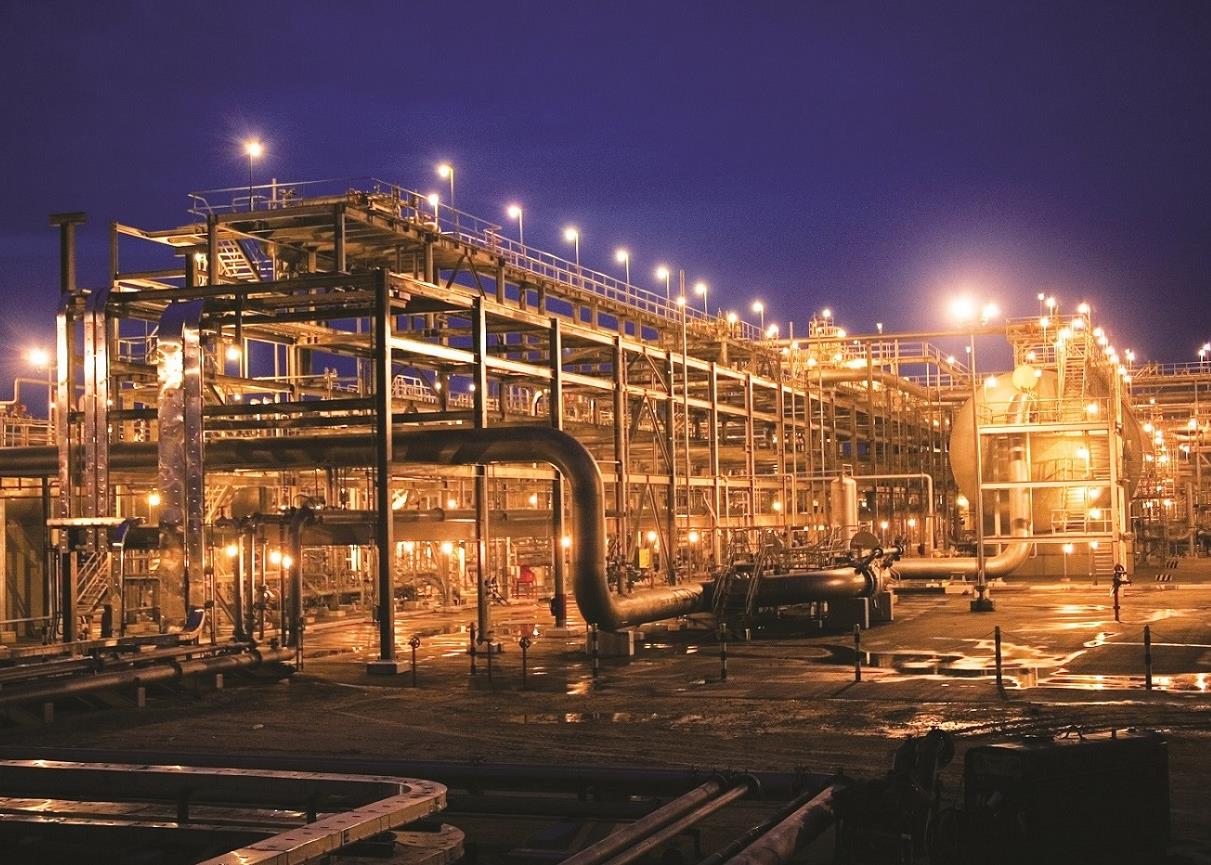
There must have been mixed emotions in Jeddah about UK Prime Minister Gordon Brown's call for an end to the conflict between energy producers and consumers.
This is precisely the message that the kingdom has delivered since 1973, the last time Saudi Arabia used oil to force the West to change its thinking about its approach to the Middle East.
No country has done more than the kingdom to keep oil prices down since then. It's a policy that has, at times, brought Saudi Arabia close to insolvency.
Brown's speech on 22 June is welcome. But there is more than a whiff of hypocrisy in his attempt to take the moral high ground.
Wanting it both ways
In 1998, when Brown was chancellor of the exchequer and oil prices were tumbling to below $10 a barrel, he opportunistically went for higher domestic fuel taxes. There is no record then of him calling for oil producers and consumers to work together to keep oil prices up. But there were plenty of people prepared to lecture the Middle East and others about the virtues of sound money and balanced budgets.
Brown's pilgrimage to the kingdom is evidence that Western leaders are becoming desperate about what to do about rising energy costs, slowing growth and the likelihood that most of their people will get no richer, and probably significantly poorer, in the years to come. Predictably, there is more talk about who is to blame than what should be done.
In the new debate dominating Western politics, complaints about soaring oil prices have been wrongly conflated with the laudable desire for restrictions in carbon emissions. The fact is that the best way to slow energy use is to make it more expensive.
But Western leaders seem to want to have it both ways. Low prices are desirable to keep voters happy, and low emissions to salve their consciences. It is unsurprising, therefore, that oil-producing countries are not falling over themselves to help.
Poverty and division
High oil prices have served to highlight the useful truth that much of the growth in Western economies in the past three decades has been due to exceptionally low commodity prices. Affluence in Europe and North America has been secured, at least in part, by poverty and division in the rest of the world. Western claims, that years of low inflation are the result of the inherent superiority of their economic systems, are being exposed as illusions.
Economic stability in advanced economies has been built on cheap energy and food. Now that this combination is disappearing, possibly for ever, commodity-importing nations will have to accept that their continuing prosperity must be secured by other means.
It is too soon to say that we are at a turning point in world economic affairs. The West's preponderance remains so substantial that it will take more than a couple of years of high food and oil prices to change ingrained habits.
Profligate consumption
But politicians with vision may conclude that greater affluence with less productive effort is a formula with no future. Britain and the rest will have to get back to basics.
This is an idea, however, whose time has not yet come. Brown and others seem to prefer to blame everyone but themselves for the shambles that has resulted from years of irresponsible lending and profligate energy consumption.
The message this summer is that oil producers should come to the aid of nations that, through a network of self-serving global institutions from the International Monetary Fund to the World Trade Organisation, have done little for anyone but themselves.
It is likely that, despite past disappointments, the oil producers will say yes to this aid. It is also likely that no one is going to say thank you and mean it. Perhaps it would be a greater act of friendship to the West - and of larger long-term benefit to the world - if they just said no.
You might also like...

Aramco allows more time for MGS package revised prices
18 April 2024

Morocco tenders high-speed rail project
18 April 2024

Egypt resumes power cuts
18 April 2024

Petrofac awards carbon capture sub-contract
18 April 2024
A MEED Subscription...
Subscribe or upgrade your current MEED.com package to support your strategic planning with the MENA region’s best source of business information. Proceed to our online shop below to find out more about the features in each package.








